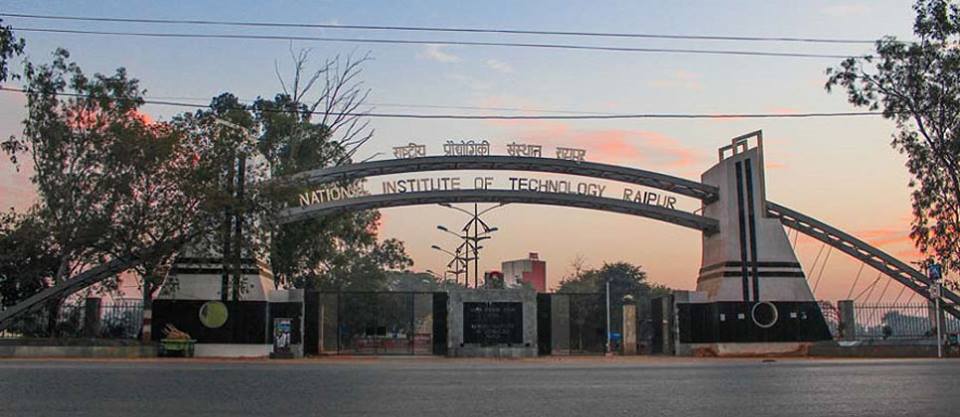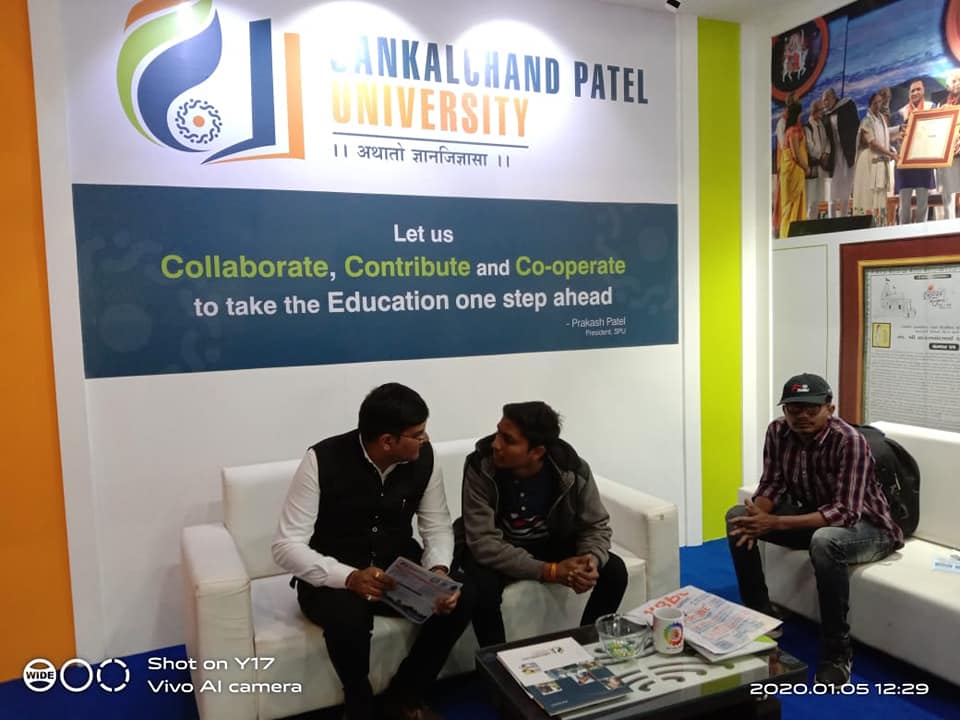New Delhi: A PSU (Public Sector Undertakings) is an enterprise owned by the state of India, where it holds 51% of shares. PSU jobs are considered as the most prestigious jobs in the nation, thanks to the job security and facilities that they offer. This makes the PSU Recruitment through GATE highly competitive.
Types of PSUs
There are three distinctive types of PSU – Public Sector Enterprises (PSEs), Central Public Sector Enterprises (CPSEs), and Public Sector Banks (PSBs)
Here is the list of popular PSUs in India:
- National Thermal Power Corporation (NTPC)
- Oil and Natural Gas Corporation (ONGC)
- Steel Authority of India Limited (SAIL)
- Bharat Heavy Electricals Ltd. (BHEL)
- Indian Oil Corporation Limited(IOCL)
- Coal India Limited(CIL)
Nowadays, Government organization and PSUs are being very particular regarding their recruitment process. They are recruiting nearly every year through the competitive examination. The primary criteria for applying PSU job is an aggregate of 65 per cent in graduation in B.COM, BSC, BCA etc. Besides, the recruitment process also depends upon specific criterion for the candidate to appear for the interview.
Criteria for applying for the job of PSU
- Age: The required age limit of the candidate must be between 21 to 30 years.
- Qualification: The minimum qualification required is graduation with 65 per cent of aggregate marks.
PSU Recruitment Process
PSU initiates the recruitment process into two relevant ways:
- PSU Recruitment through GATE
- Recruitment through Non-GATE scores
Recruitment through GATE scores:
This type of recruitment implies the type addition of criteria to the existing one. Here, the candidate is required to qualify the Graduate Aptitude TEST in Engineering (GATE) with a bare minimum of 70% marks. Recruitment on this basis is to fill the positions of highly technical bodies. Then the candidates get shortlisted based on their GATE scores. The selected candidates will be called for a group discussion and further interview and training.
Sometimes, the qualifying GATE score is not affirmed to the PSU. In such a scenario, all those who have qualified in the GATE exam are considered eligible to apply. Whereas the candidates scoring, highest are invited to appear for the Group Discussions and Interviews among which the best are chosen.
Recruitment through this mode enables the company to abstract the best technical human resources to enhance the overall productivity and growth of the company.
Recruitment through NON-GATE scores:
This phase of recruitment involves no specification on the field of subjects neither the qualification of GATE is required. Recruitment is done generally on the basis of graduation marks of the candidates in the following ways:
- On-campus recruitment: The PSU indulge the recruitment process through campus selection. It makes them accessible to the selected college campuses providing several graduates and postgraduates with a great job opportunity. On-campus recruitment is beneficial for the educational institutions providing placement for the job to the students of their campus in return, abstracting the amount in addition to the course fee. Besides, the concern for inviting applicants from an unknown background is removed.
- Off-campus Recruitment: Off-campus recruitment is done merely by the external means of inviting candidates to apply for the list of jobs being offered either by means of advertisement or online application form. It helps in creating a pool of candidates to choose from facilitating choice.
Recruitment through Examinations:
This is the next most extensively used process of off-campus recruitment where the capability of the candidate is analyzed based on the competitive exam conducted among the selected candidates. This helps in obtaining the right quality of candidate who will be ultimately hired for the respective post.
This is seen as a short cut to Stage I candidates in the exam who can score more than the minimum marks needed for qualifying. They are made to appear for Stage II of assessment, which consists of a Group Discussion round, followed by a Personal Interview. The candidates who give their best in interview round becomes a part of the particular PSU.
Then comes the second round, which comprises of the written round with contents of multiple-choice questions. The moment candidates clear the written test round; they get shortlisted for an interview by a panel of expert interviewers. After qualifying the Personal Interview round, the candidates get selected for the position of Graduate Engineer Trainee (GET).
There are a lot of PSUs recruiting candidates every year through GATE. If the candidate has done well in his GATE exam he/she will be eligible to join a PSU that matches to his/her requirement after GD/PI as per the marks obtained in GATE exam as well as GD/PI. Near about 10 lakh candidates register themselves every year for GATE exam. It may not be necessary that all the GATE candidates would be selected. For this, the recruitment part is divided into GATE and NON-GATE applications.
Hence, these are the ways by which PSUs hire young aspirants of immense academic qualities and performers who are packed with knowledge and confidence.









